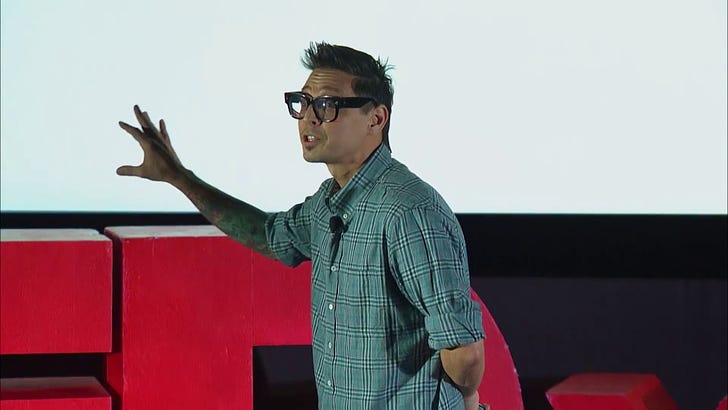🔑 The key to adaptability is to master the art of unlearning.
There is a lot to pack and unpack here.
The term “Roarin’ 20’s” was seen everywhere as we entered a new decade last year. It refers to the 1920s, which was a time when popular culture started to reject many traditional moral standards and new lifestyles were appearing.
It’s safe to say that the 2020s will mirror that deviance, as we face new challenges due to the unprecedented pandemic, and adjust to the future of work. One of the most sought-after skills to stay competitive is adaptability, which is impossible to possess without the skill of unlearning and re-learning.
The 6 steps of unlearning
In its essence, unlearning is a process of challenging the beliefs we’ve had imposed on ourselves since a very young age—through family, education, government policy, media, or our socio-economic position, by understanding the diverging perspectives. Millennials are known to move very quickly between companies, or even career paths. Being able to pack and unpack, learn and unlearn as you go through your career journey is crucial, especially to foster growth and creativity.
Dr. Ken Spring, an Associate Professor of Sociology in Belmont University, Nashville, lays down the 6 steps you can take to unlearn and re-learn:
Take inventory of what you’ve learned.
Ask questions.
Seek understanding of ideas that run counter to your existing knowledge.
Rebuild based on new information you’ve gathered.
Own your knowledge.
Share your knowledge with those around you.
Learn more about the what, why, and how of unlearning in Dr. Spring’s 18-minute Ted Talk titled “The Art of Unlearning” here.
The 4 ways unlearning is uncomfortable
Spoiler alert: in his Ted Talk, Dr. Ken Spring mentioned how a student once told him that their grandmother was against them studying sociology and philosophy. She thought that it would make him think differently, in devilish ways. The point of unlearning is not to be different, but rather to pinpoint the areas we need to focus and rework on. Throughout the process of unlearning, discomfort will start to show due to several reasons:
Your own internalized biases.
Your own shame.
Anger.
The beginning of growth.
Once you are aware of these reasonings, it will be easier for you to work through the process of unlearning. One thing to note, is that discomfort is temporary and growth is not linear.
Read more on how we should normalize unlearning in this Instagram carousel post.
The 3 methods to rewire from the inside out
When discussing ways to unlearn and re-learn, it won’t be complete without touching on the topic of rewiring and reframing our thoughts. As cliché as it sounds, what we feed our brain is what it will spew back to us and the work that we do. Though it seems impossible to only have positive thoughts all the time, and frankly sounds a bit unhealthy, there are ways and methods we can try to detox and rewire our brain, for a better outcome—at work, personal relationships, and self-perception.
The 7-Day Mental Diet by Emmet Fox
The premise is to only allow yourself to think of positive thoughts for 7 days straight, and if you let a negative thought seeps in, you have to restart to day 1.
The 21-Day Meditation Experience by Deepak & Oprah
This Chopra meditation method is accessible via the Chopra mobile app, in which you will have one guided meditation per day for a consecutive 21 days, with each meditation lasting for about 20 minutes.
“May Cause Miracles” by Gabrielle Bernstein
A more in-depth way to cleanse your thoughts, this book is a 40-day guidebook to help you stay mindful. It includes daily practices such as reading a paragraph, and a 5-minute self-reflection with a different theme each week.
Find out more information on each method in the full article here.
Did you learn something new today? Better yet, are you planning to unlearn something and make way for new information? We hope the answer would be yes, to at least one of those questions.
If you enjoyed this week’s Monday Mavens edition, share us with your friends to relay the insights.
We’ll see you again next week!


